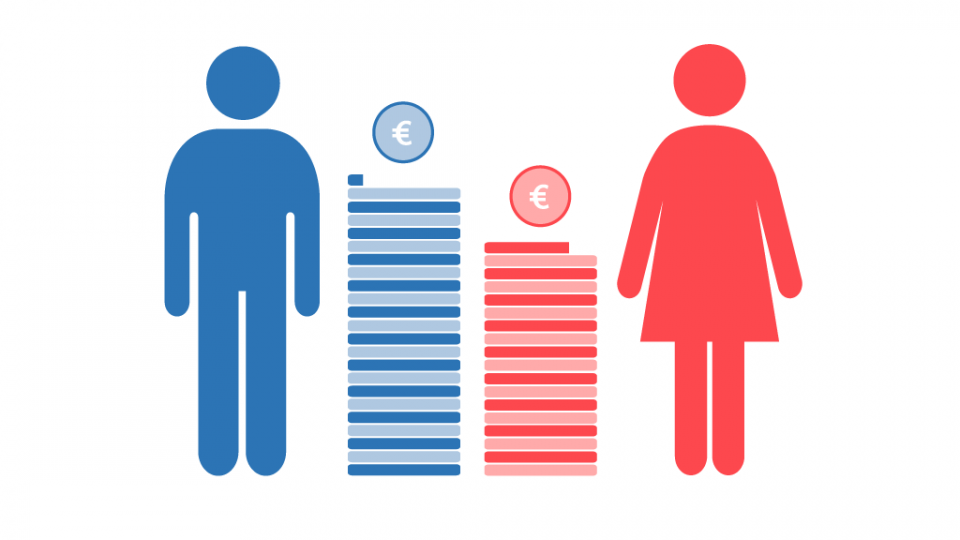
European Research finds COVID-19 intensifies challenges for female entrepreneurs
Chambers Ireland says impact of pandemic must not result in a wider gender pay gap, as new European Research finds that COVID-19 Intensifies Challenges for Female Entrepreneurs.
Chambers Ireland, in partnership with the Association of European Chambers of Commerce and Industry (EUROCHAMBRES), has published new data (4 March 2021) on the impact of COVID-19 on female entrepreneurs and women-led businesses.
The research has revealed that the COVID-19 confinement measures have heightened several pre-existing obstacles for female entrepreneurs.
The survey of 536 female-led businesses across Europe, found that 46% of respondents noted that remote working, imposed by pandemic restrictions, meant they had to take on more home duties. 51% of respondents noted that their work-life balance had been strongly or severely impacted in a negative sense.
Looking at the Irish data specifically, 57% of female entrepreneurs noted that remote working made it more difficult to carry our caring and home duties. This figure is more than 10% higher than their European counterparts.
Speaking today, Chambers Ireland Chief Executive and Eurochambres Deputy President, Ian Talbot called for a national strategy on flexible working and more measures to support greater parenting equality.
“Throughout the past year, research has indicated that the impact of the pandemic has been felt more strongly by women. This ranges from part-time workers who have lost their jobs, to frontline workers in health and essential services. We are also conscious that increasing amounts of data is pointing to the fact that the work-life balance of women in the workplace has been negatively impacted.
The research published by Eurochambres this morning is extremely welcome. It evidences what we have been hearing from many of our members throughout the past year – which is that women in the workplace have been more likely to carry the weight of caring responsibilities and home duties during restrictions.
As we approach International Women’s Day, our message to Government and policymakers is that they must ensure the long-term impact of the pandemic does not result in a permanently wider gender pay gap. Flexible working, parenting equality and investment in affordable childcare must be at the centre of the National Economic Plan and the Government’s response to the recovery.
Our message to our own members and employers is that we must work even harder to ensure family-friendly work policies are a bigger part of the workplace. While schools and childcare have started to re-open, flexibility and support for working families will remain a necessity. A workplace that places gender equality at the heart of its operations is a workplace which is flexible and supportive of working families. As we approach International Women’s Day, we must ensure that this message is heard loud and clear.”
ENDS
Among the key findings of the Eurochambres Women’s Network survey are:
- Caring/Home Duties: 46% of respondents found that remote working caused by pandemic restrictions made it more difficult to carry out caring and home duties.
- Worse work/life balance: 50% of respondents said the pandemic has had a strong to severe impact on their work/life balance.
- Business transformation: Two-thirds of women entrepreneurs said that confinement measures have obliged them to change their business model, with a similar proportion believing that this will have a long-term impact on the company vision.
- Digital skills deficit: 75% indicated the need for training and support to enhance digital skills.
Figures for Irish respondents :
Caring/Home Duties: 57% of respondents found that remote working caused by pandemic restrictions made it more difficult to carry out caring and home duties.
Worse work/life balance: 52% of respondents said that the pandemic has had a strong to severe impact on their work/life balance.
Business transformation: 78% had to “transform, practically or totally, their business models”
Digital skills deficit: Only 21% noted the need for further digital training/support.
The results of the survey are being discussed during an EWN online event this morning (4 March 2021) in the lead-up to International Women’s Day.



